Mercedes Maoists
A Weekend Flashback to my Berkeley Undergrad Days
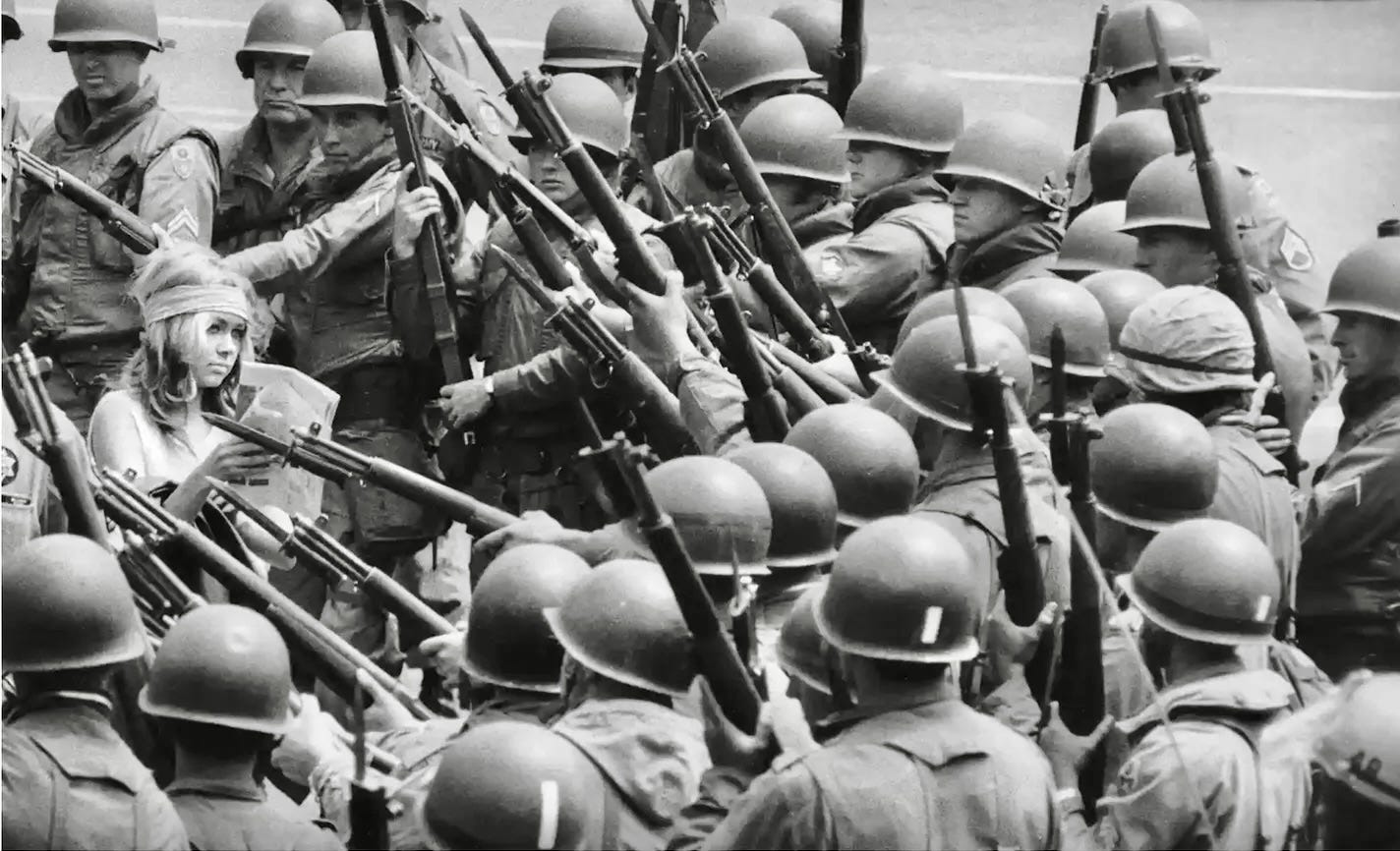
There has been a recent wave of comparisons between the massive late sixties and early seventies antiwar protests and today’s campus Israel-Palestinian demonstrations. While these parallels are largely imperfect, they share a common element: activist professors and radicalized teaching assistants can significantly intensify campus unrest.
I experienced this first-hand growing up in San Francisco during the 1960s and attending UC Berkeley from 1972 to 1975—a period marked by significant protests against the war in Vietnam, Laos and Cambodia, the rise of the Black Power movement, and an anti-capitalism fever. As a political science major, I was surrounded by professors who were not just educators but also fervent advocates, with some quoting Mao’s Little Red Book and fostering a spirit of revolution over academic inquiry.
Those professors, whom we dubbed "Mercedes Maoists," seemed to lead comfortable lives in the affluent Berkeley Hills, driving vintage Mercedes, while preaching revolutionary ideals. This wasn't mere posturing; they genuinely believed America was fundamentally flawed, a sentiment echoed by a sizable contingent of radical university teachers who distort Middle East history into a victim narrative in which Israel and western colonialism are the root of all evil.
Students now arrive at college already steeped in an extreme mix of ideology and misinformation—many boasting a "history degree from TikTok." Unlike fifty years ago, we couldn't blame social media for our skewed world views.
By the time I entered the Berkeley freshman class, I had embraced Dr. Benjamin Spock’s views on Vietnam. Yes, that Dr. Spock. The pediatrician whose 1950s book about raising children was a bible for my parents and many millions of others. Spock had created a revolution of sorts by suggesting our parents use less discipline and instead encourage our instincts and reinforce our independent thinking.
Spock’s perspective was a precursor to the cultural revolution of the Free Speech/Haight Ashbury/Woodstock era in where cultural gurus such as psychologist Timothy Leary urged a “Human Be-In” crowd of 30,000 hippies in Golden Gate Park in 1967 to “Turn on, tune in, drop out.”
As adolescents, we quoted Leary as if it was some deep philosophical revelation, the 50-year-old version of ‘going viral.’
The tumultuous political climate in northern California made it seem to us as kids that the structured world of our parents was crumbling, and that society was on a precipice of some great but unknown change. Huey Newton and Bobby Seale had founded the Black Panther Party for Self-Defense (later mercifully shortened to the Black Panthers) across the Bay in Oakland. It was a Marxist revolutionary group that called for arming all Blacks, exempting them from the military draft, and releasing all incarcerated Black prisoners. The Panthers were ahead of their time by also demanding reparations for “centuries of white exploitation.” Martin Luther King’s activism was my parents’ style. That meant I wanted to be cutting-edge and oppositional by embracing the Panthers.
When the Ohio national guard shot at hundreds of student protestors at Kent State University and killed four and wounded eight, it shocked the country. For those of us who grew up in the Bay Area, however, the police shooting at demonstrators was not new.
A year before Kent State, Berkeley police had killed one and wounded dozens when they opened fire with buck and bird shot at demonstrators at a community garden called People’s Park. The city declared martial law and imposed a curfew. Ronald Reagan, who had run on a law-and-order platform when he was elected California’s governor in 1967, wasted no time sending in the national guard. Then troops arrived en masse with unsheathed bayonets and live ammunition. Military helicopters sprayed tear gas across the campus. Alameda county sheriffs, many of whom were Vietnam veterans, were let loose with truncheons on the crowds.
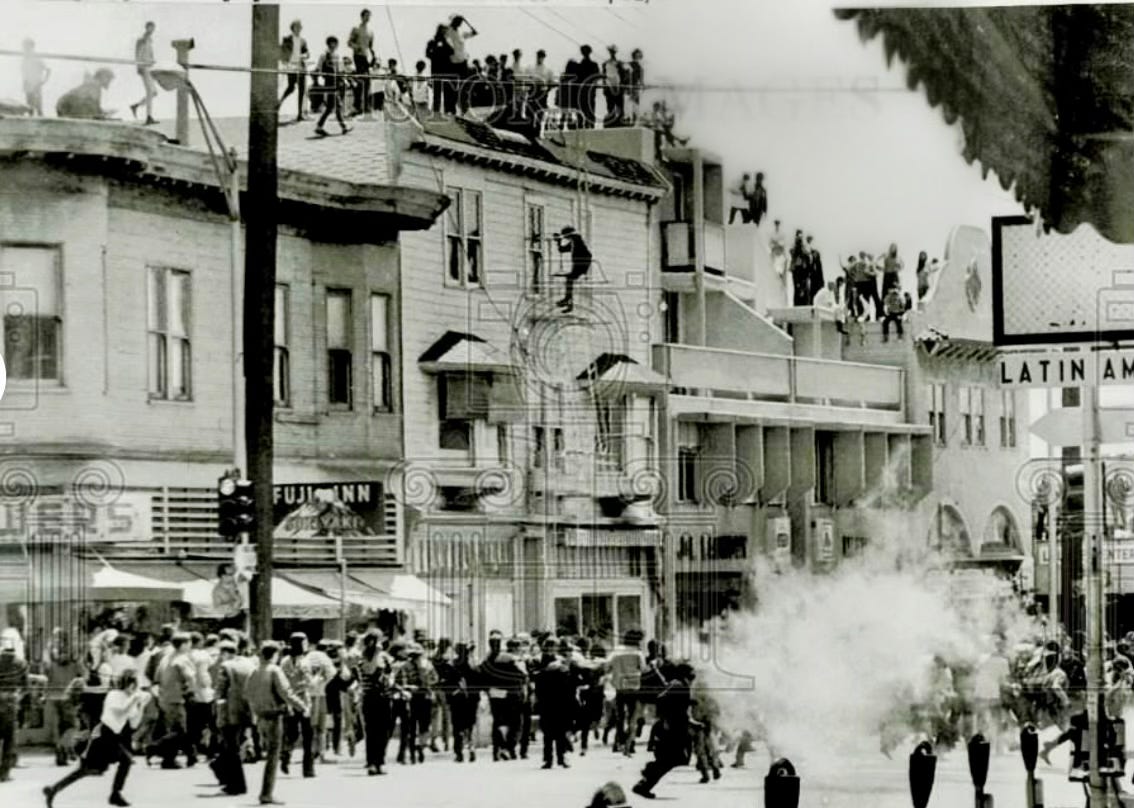
As I started my first semester at Berkeley, hundreds of thousands protested Nixon’s mining of North Vietnamese ports by taking to the streets nationwide for massive marches, silent vigils, traffic‐blocking sit‐ins, and often violent clashes with police. A few months earlier an all-white northern California jury had acquitted Angela Davis for her role in providing the guns used in a takeover of a Marin County courthouse in which four were killed.
All the political chaos meant that by the time I got to Berkeley I was primed to be receptive to the leftwing propaganda that my teachers passed for scholarship.
One professor hung his favorite Mao quote in a placard over his classroom doorway: “A revolution is not a dinner party, or writing an essay, or painting a picture, or doing embroidery; it cannot be so refined, so leisurely and gentle, so temperate, kind, courteous, restrained and magnanimous. A revolution is an insurrection, an act of violence by which one class overthrows another.”
An oversized Che Guevara poster greeted us at a “comparative economic systems” class. A different professor who taught about American imperialism in Central and South America encouraged us to write congratulatory letters to Chilean president Salvador Allende getting the 1973 Lenin Peace Prize. None of us were particularly bothered that the Soviet government appointed and controlled the panel who chose the winner. Allende shared the award that year with the Soviet leader, Leonid Brezhnev.
At Berkeley, professors often joined us in protests, providing solidarity with a revolutionary zeal. They also played on student fears that we would be drafted to fight an “unjust war.” Teachers helped feed a contagion that infected many students, one whose underlying philosophy was that resistance and revolution was far more important than worrying about good grades and some future job.
The culmination of insanity came in 1974, just before my 20th birthday, when heiress Patty Hearst, was kidnapped from her Berkeley apartment by the Symbionese Liberation Army, a self-described Marxist guerrilla group.
On an audiotape released to the media two months after her abduction, Hearst announced she had joined the SLA and adopted the name Tania as a tribute to one of Che Guevara's comrades. Two weeks later, she carried an M1 carbine into a San Francisco bank branch and announced to the stunned customers and employees, “I'm Tania. Up, up, up against the wall, motherfuckers!”
How did that play at Berkeley? Many students and faculty cheered her on. “We Love You Tania” posters sprouted up around campus. One teaching assistant on “political discourse” held a nightly vigil to show “solidarity” with the SLA.
When a campus environment reaches the extreme edges, what passes for the middle is still pretty far out. The middle at my Berkeley poly sci classes was represented by the small faction of pacifists who contended Hearst should not have been armed during the robbery.
Leaving Berkeley and going on to Law School at UC San Francisco was the time for detoxing from the political fervor. I came to realize how the writings of Spock and the lectures by many poly sci professors were riddled with errors and steeped in an ideology of anti-imperialism. Contract and criminal law discussions replaced lectures about the Bolshevik revolution and Mao’s Great Leap Forward. My law school years - 1975- 1978 - coincided with the end of the Vietnam war and the disintegration of the violent Weather Underground. The “revolution” preached by the tenured Mercedes Maoists had turned into a quickly fading memory of a period when the earth seemed slightly off its axis.
Today’s campus protestors might not be able forget their past so easily. Omnipresent technology allows outdated and sometimes vile ideas to retain some cachet on Tik Tok. I am forever grateful that social media did not exist during my time at Berkeley. Today’s students will learn the hard way that ignorance and hate live forever on the internet. There will always be online evidence of who called for the destruction of Israel, denied October 7 terrorism, proudly claimed their support for Hamas, and attacked Jews for nothing more than being Jews.
The university professors who have celebrated October 7 and urged “resistance at any cost” might eventually pay a price with their careers as schools investigate how tenured teachers can be dismissed for hate speech. If there is anything I learned from my Berkeley student days, it is that the influence of a radicalized faculty sets the framework by which students feel not only empowered but sanctioned by those in authority. Students should bear the ultimate responsibility for what they do. However, without taking effective action against the teachers who sanction and foment the extremist hate, I know from experience the craziness will never end.
_________________________



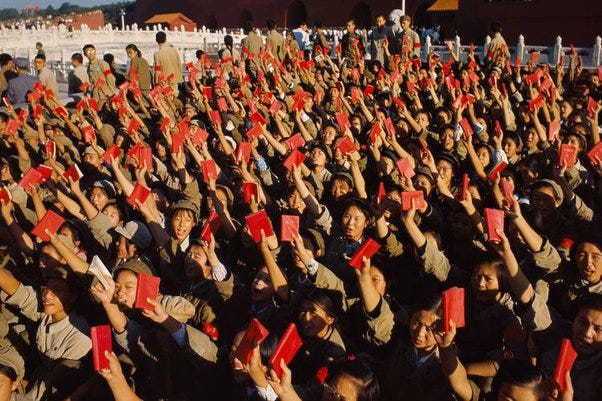
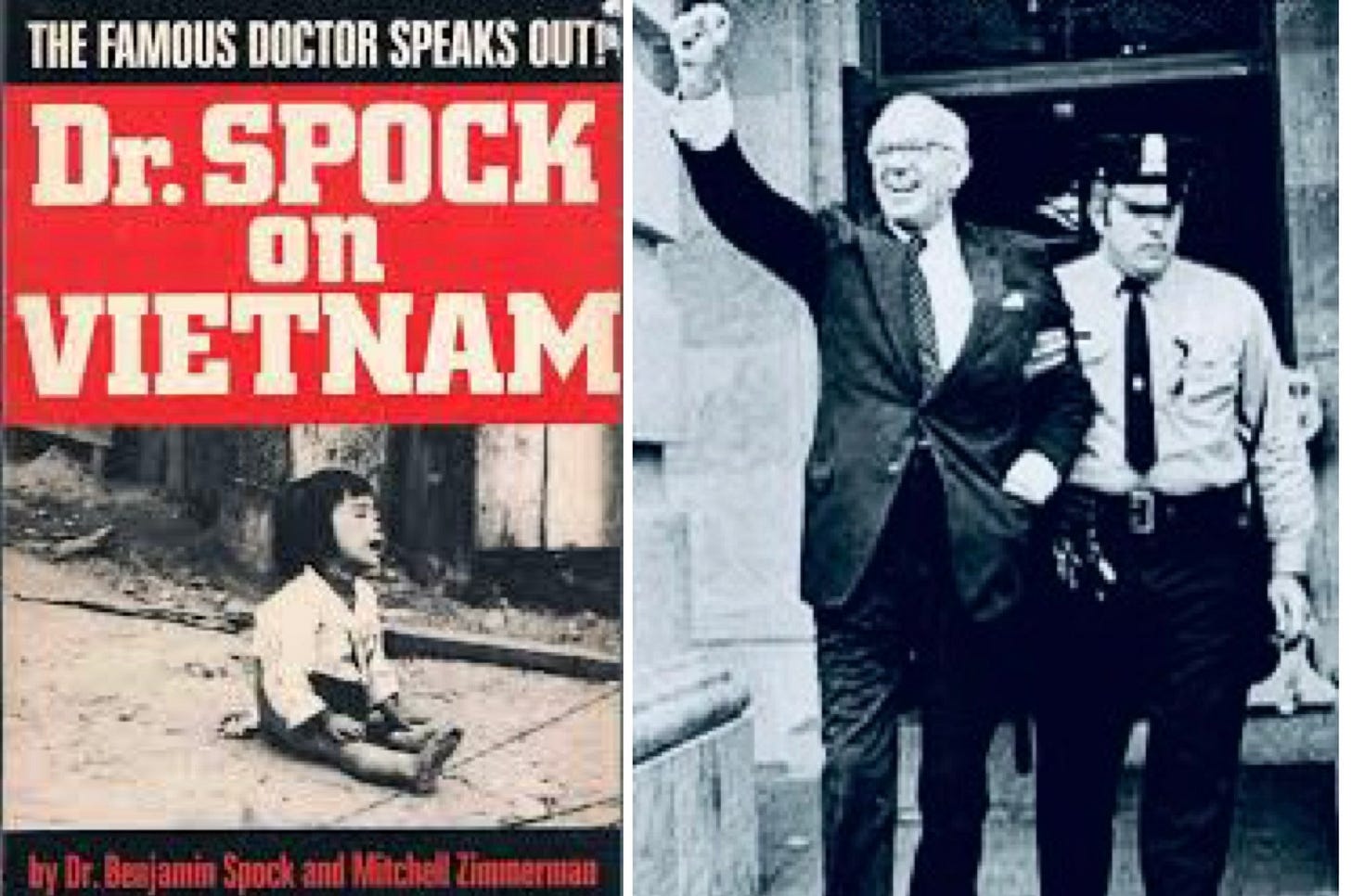
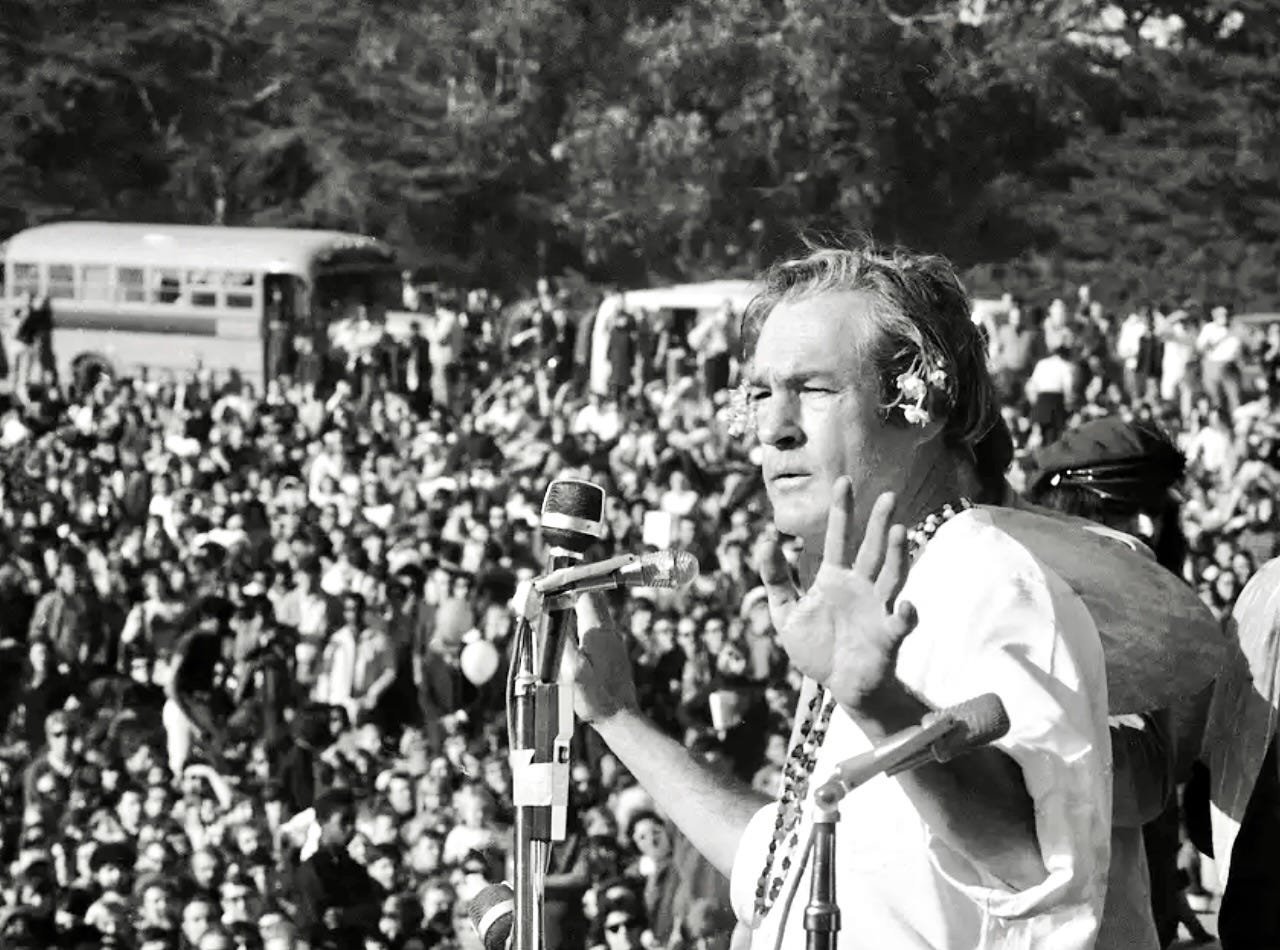
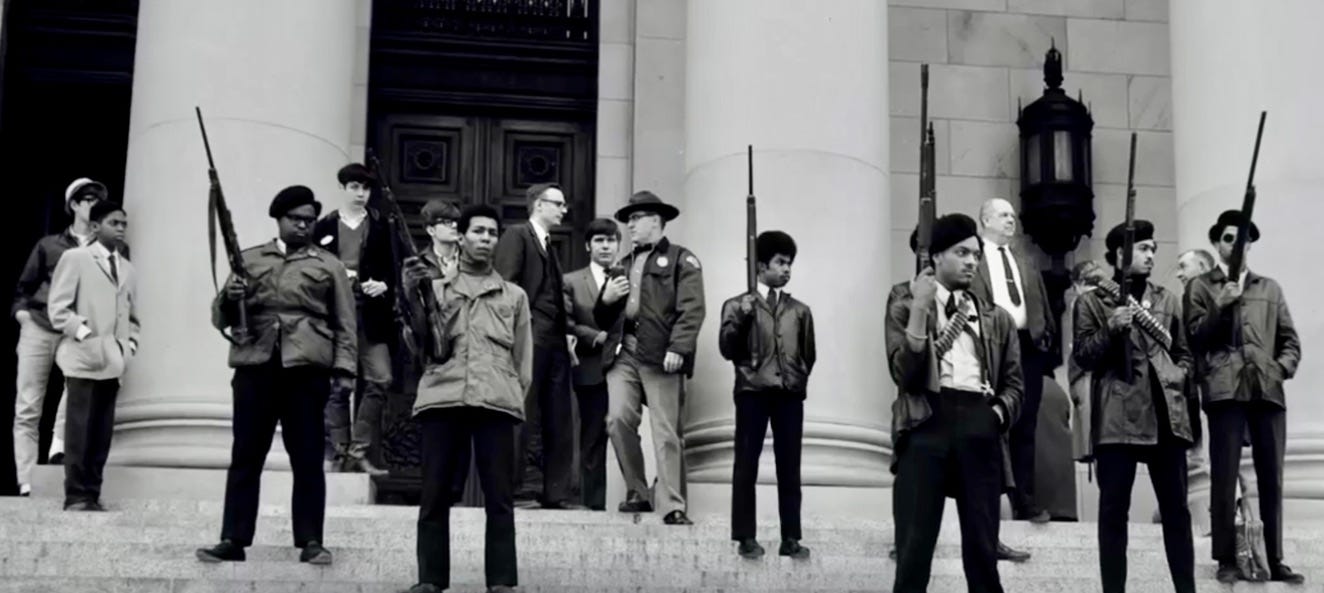
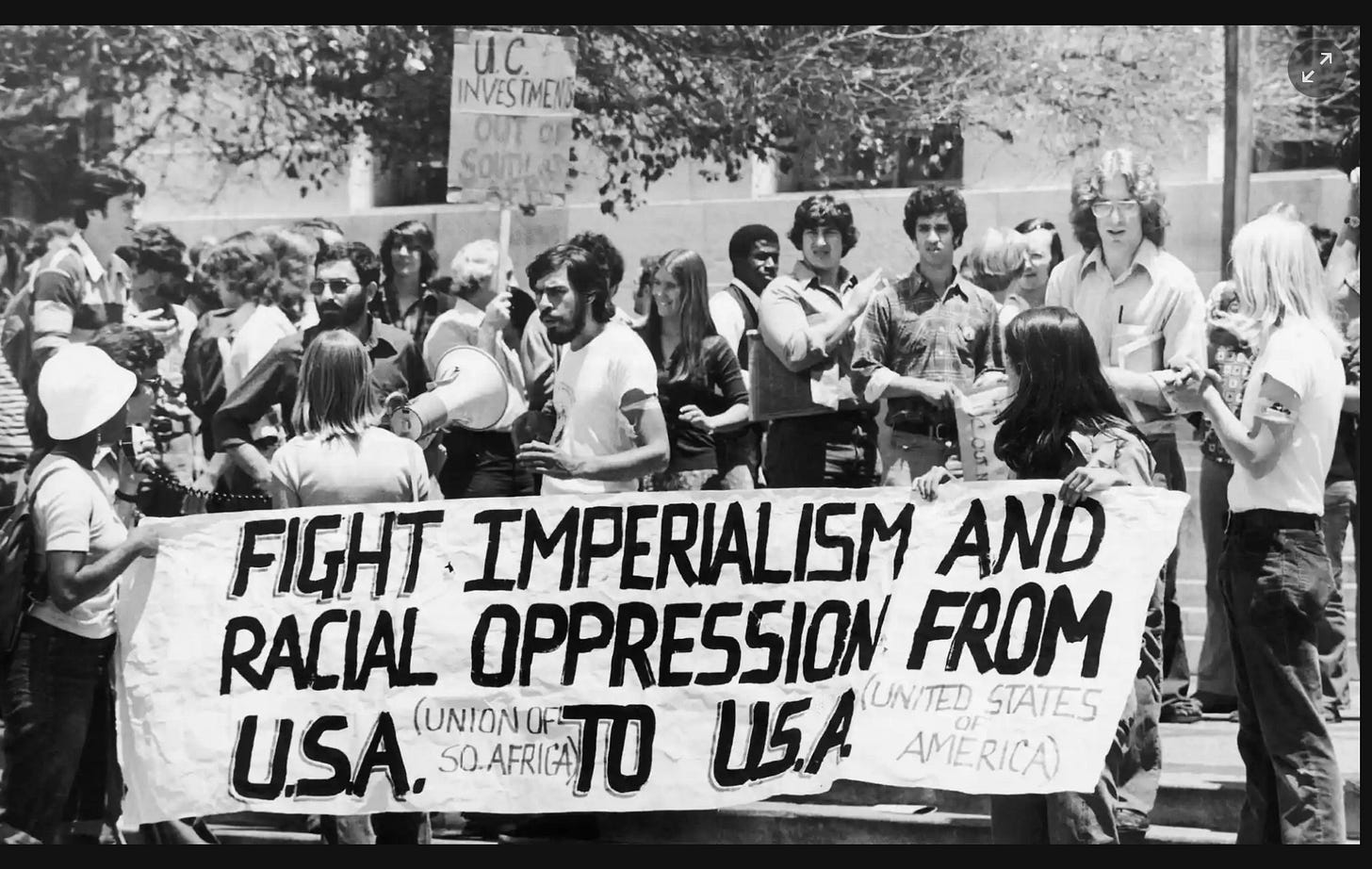
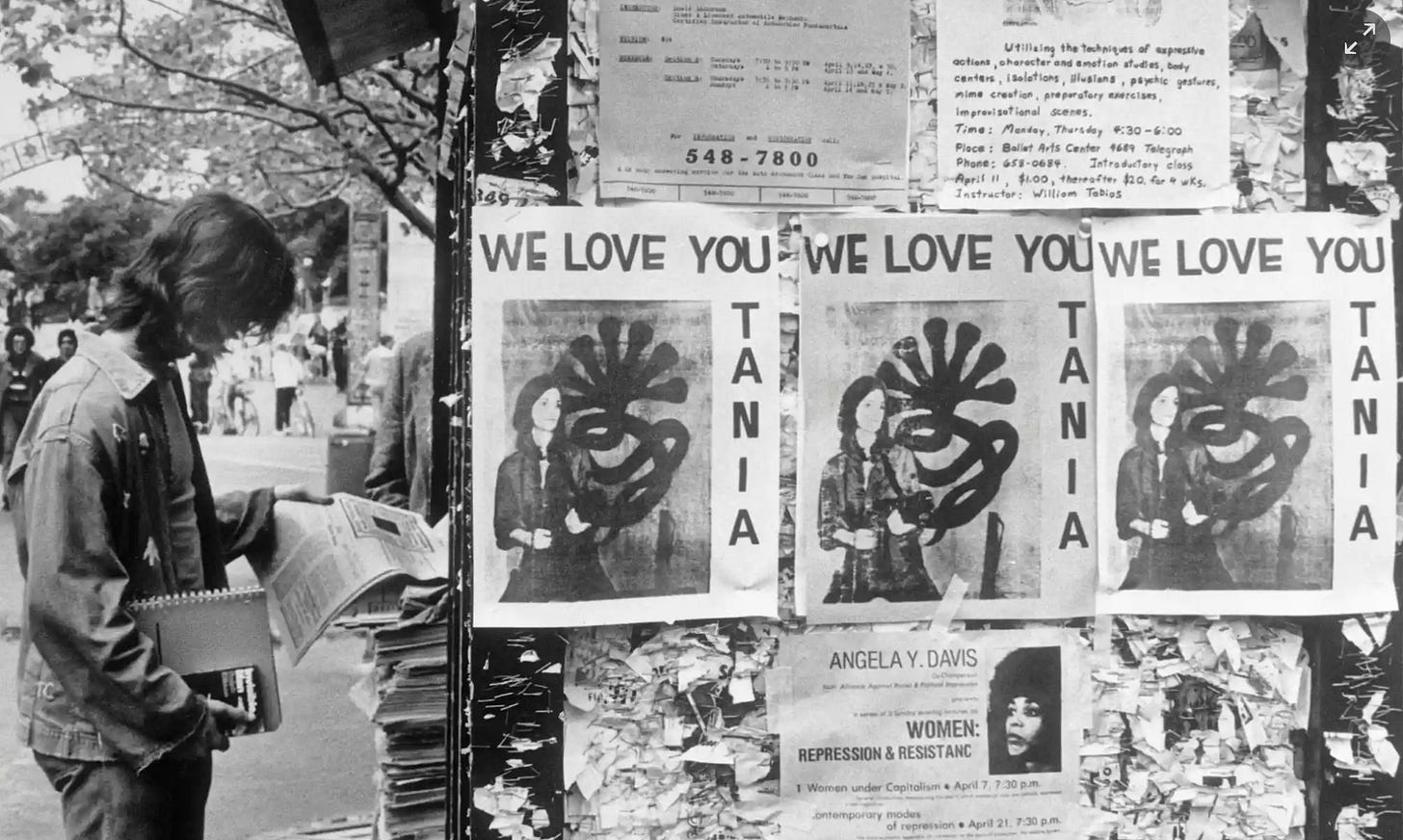
As the first student in my family to get to college in the era described by Posner, commuting to class in my beat up 1962 Rambler American, I felt contempt for the middle class and upper middle class kids engaged in the "protests", rock music and parties. It was all I could do to make it to class and have enough dough to buy a hamburger. As cigarettes at that time were 35 cents per pack, I never became a smoker because I needed the 35 cents for food.
I became confused during the Vietnam war. I had followed the official line, that the communists would take over all of Southeast Asia, and then Australia. It was nonsense. But even worse nonsense was the Maoist rhetoric and disparagement of Capitalism. Little did I realize, until much later, that the Lassiez-Faire Capitalism system in which I imagined hard work and investments would make me wealthy no longer existed, that our economy had already been captured by something misleadingly called the "Federal" Reserve bank.
Confusion, in those pre-Internet days, was the watchword. The only ones really in the know were the maipulators, who are still with us and who are as dangerous as ever, infesting the Internet as well and with then undreamed of powers of "surveillance". They've managed to convince us on an unneeded war with Iraq, threaten us with fake Antrhax attacks, kill us with medical fascism during the Covid-19 epidemic and now trick us into supporting a war in Ukraine, a country said to be more corrupt than Mexico if that is even possible.
But, we're catching on and that is the value of Posner's post. And the more we catch on to the games, the more it spells DOOM for those maintaining them and facilitating them.
Thank you for this! As someone who lived for the first 25 years of her life in a Communist dictatorship, all I wish for these revolutionaries is to be forced to live under Mao's rule--they alone (not the rest of us) suspended in time and space, and from there to be forced to watch an unending film about the horrible "imperialist" America from which they escaped.